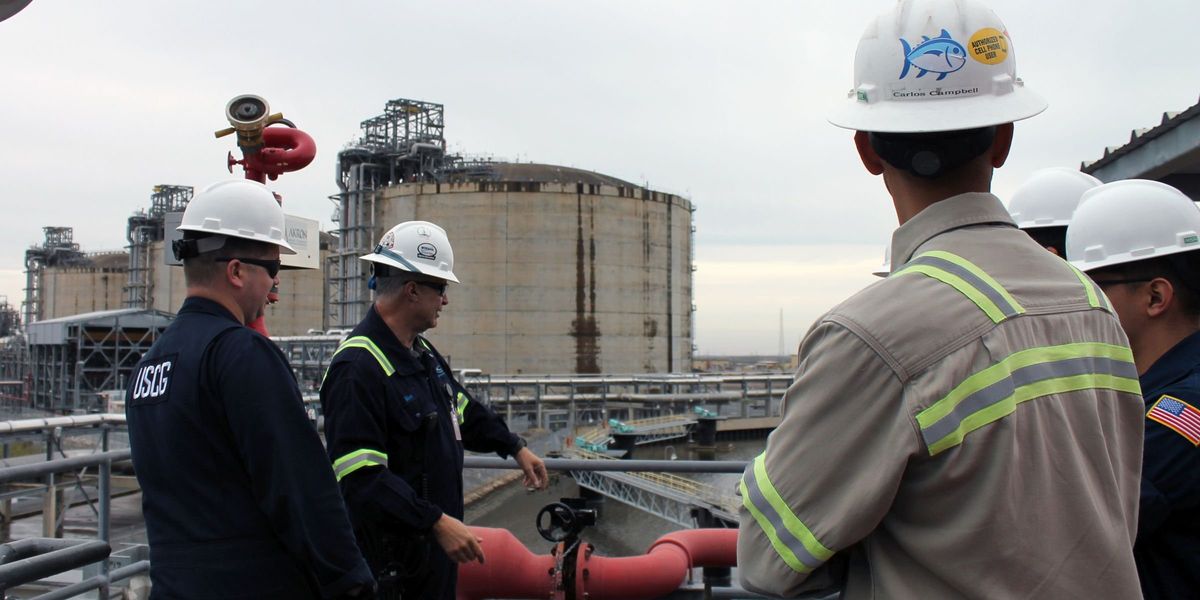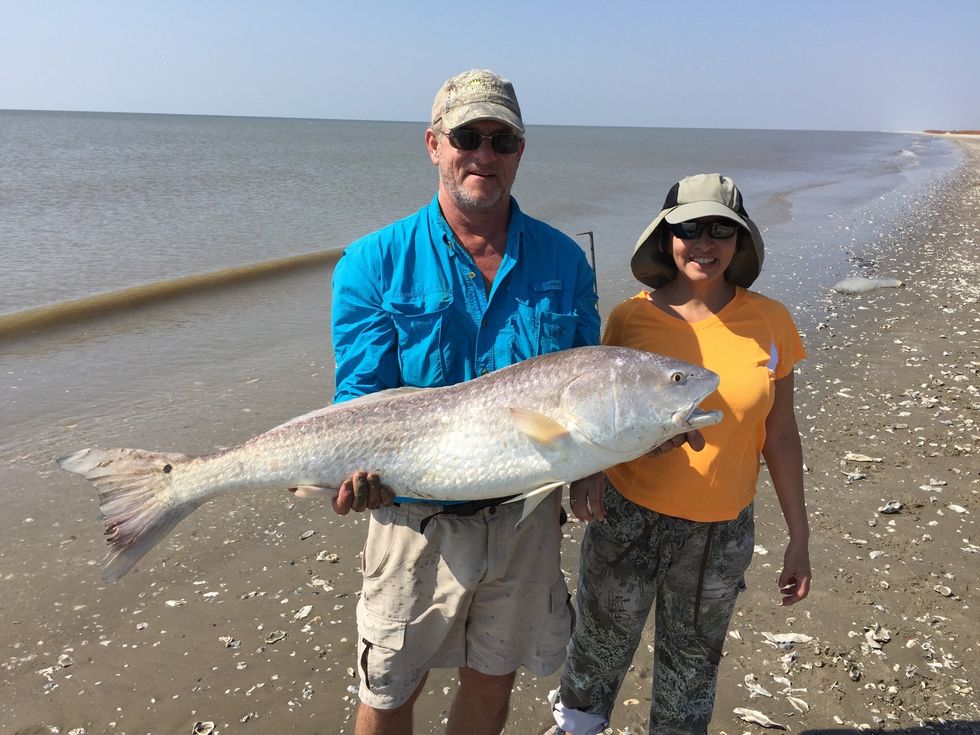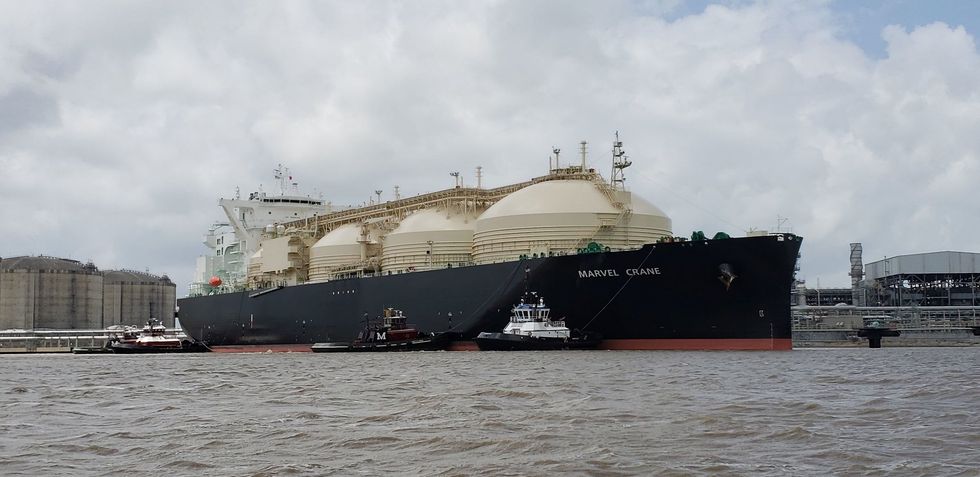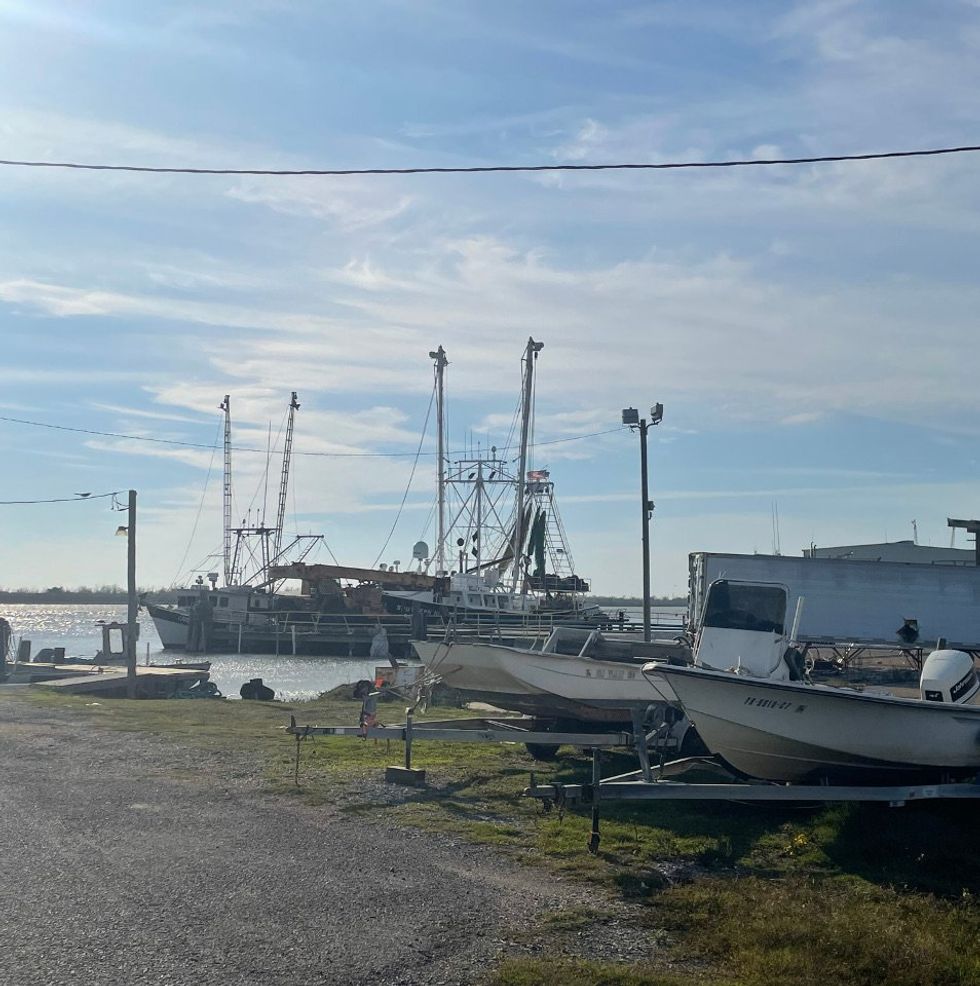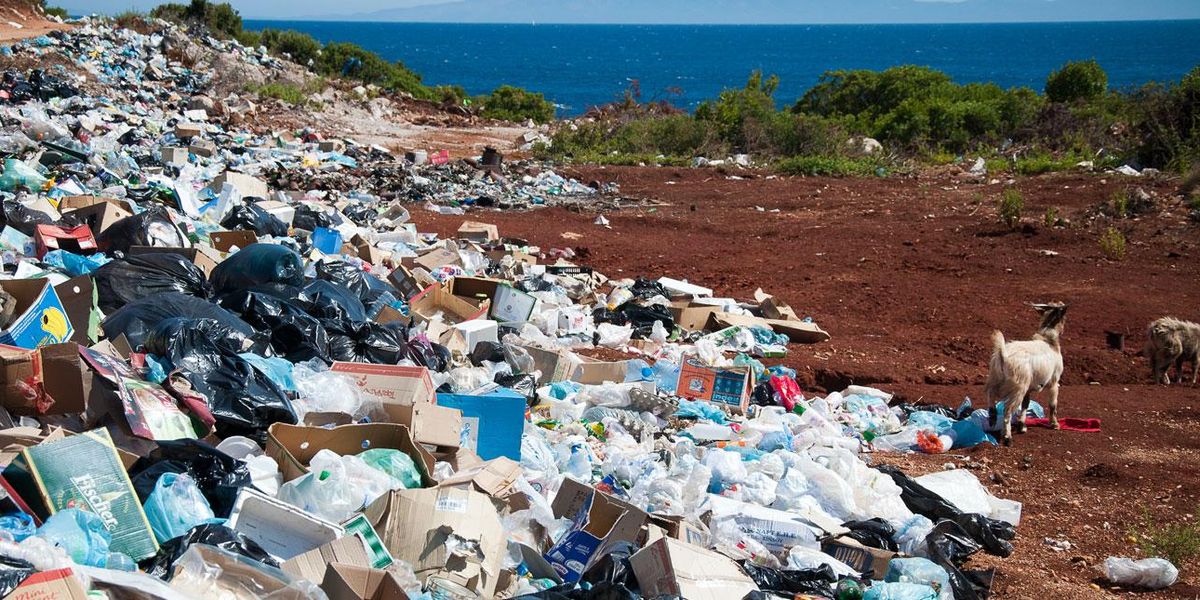
Scientists: US needs to support a strong global agreement to curb plastic pollution
Plastic pollution needs more than voluntary, optional or market-led solutions
On Monday, world leaders will gather at the United Nations Environment Assembly (UNEA) in Nairobi to negotiate a global treaty to address plastic pollution.
Scientists and at least 60 of the member states support a version of the treaty that could put caps on the world plastic production in addition to other policy interventions. A recent survey also found that three-quarters of 20,513 people polled from 28 countries endorse a swift phase-out of single-use plastics.
The exponential rate at which global industries extract fossil fuels and produce new plastics and associated chemicals outstrips governments’ ability to regulate their safety, manage waste, and mitigate harm to people and the environment.
The total mass of plastics produced exceeds both the overall mass of all land and marine animals and the planetary boundary for these novel substances, moving us out of a safe operating space for humanity.
Yet industry continues to project growth, investing billions of dollars in new infrastructure and opposing national and now international efforts to curb both plastic production and pollution.
Get our FREE Plastic Action Kit
Reducing plastic pollution
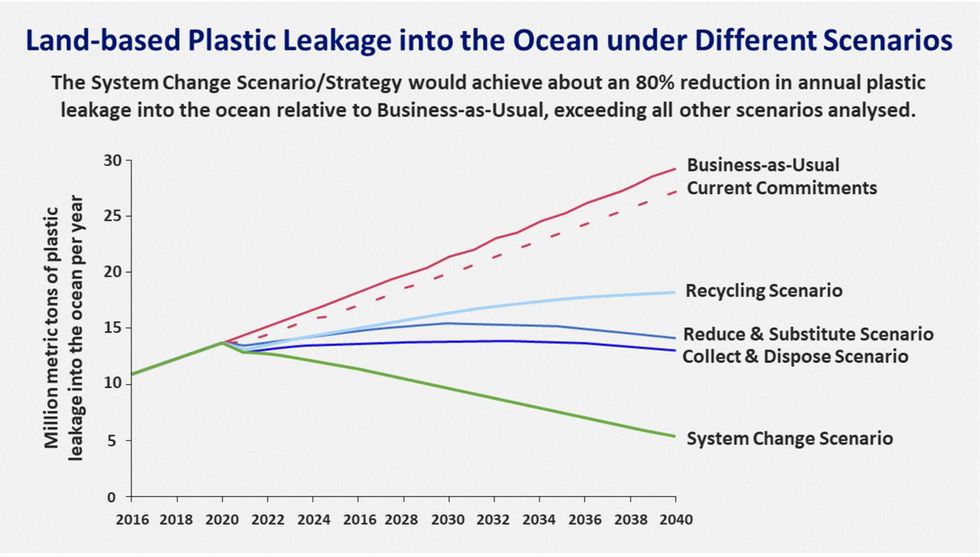
As reported by Reuters, the American Chemistry Council (ACC), a powerful trade organization representing a consortium of plastics and petrochemical interests, is lobbying against production restrictions to be negotiated during the UNEA meetings, which run through March 2.
The ACC’s strategy is to undermine proposed production limits on newly produced plastics by convincing politicians and regulators that plastics provide a net benefit to society and can be readily managed through long-failed downstream methods such as waste collection, recycling, and waste-to-energy conversion or yet unproven chemical or so-called ‘advanced recycling technologies’.
The industry's strategy moves against science-backed efforts to curb plastic pollution, including the recent NASEM report, requested by Congress, and the proposed Break Free From Plastic Pollution Act, which aim to address plastic’s impacts on climate, environment and health. As such, their efforts comport with the well-documented disinformation tactics deployed previously to undermine science-based environmental governance.
Plastic pollution is a multifaceted problem requiring curtailment of both production and use, as proposed by Rwanda and Peru. Furthermore, the Rwanda/Peru resolution recognizes the transboundary nature of plastic pollution and the need to address it at its root. By contrast, the Japan resolution narrowly focuses on marine plastics, which, while important, is but one facet of the complex problems plastics pose.
Plastics' harms
The proliferation of plastic debris is indeed problematic. It collects along the coastlines, clogs sewers, and causes destructive flooding in cities with insufficient waste management like Mumbai and Nairobi. Waterways stagnant with plastic and sewage are a breeding ground for disease vectors that spread cholera and malaria.
Plastic waste also has negative repercussions on livelihoods. In Rwanda, Ethiopia, Mauritania, Senegal, Mali, and Niger, plastic ingestion by livestock has led to cattle death, impoverishing subsistence communities. In Ghana, where fishing supports most coastal-dwellers, water-borne plastic pollution threatens both jobs and food security.
The volume of plastic debris also perpetuates existing social disparities. The export of plastic and waste from high-GDP countries in Europe and North America into the African and Asian nations since 1990 has led to massive accumulation and widespread impacts. This ‘waste colonialism’ unfairly exploits environments and people in these regions.
The promise of value generation through local recycling proved farcical due to the insufficient infrastructure and markets for recycled products. New plastics are cheaper than products made from recovered resin. Citizens in African nations have pushed back on the Global North’s extractive agenda, resulting in bans and restrictions on certain plastics. Re-introducing plastic under the guise of ‘improving people’s lives’ would undermine their political will, environment, health, and economies.
Plastics cause harm throughout their entire lifecycle, shedding microplastic particles into our food, water, air, and soil, releasing greenhouse and toxic gases during production, landfill, and incineration. Toxic additives leach from everyday plastic products such as foodware, textiles, and car tires.
Evidence for human exposure to chemicals from plastic and microplastic particles has grown exponentially in recent years. Microplastics have even been detected in human placenta. Continuous exposure to plastic chemicals disrupts development, growth, metabolism, and reproduction for organisms and humans alike.
Factory emissions diminish air and water quality, violating the health and human rights of the predominantly low-income communities and communities of color who live along the fenceline. And without reduction mandates, plastics’ CO2 emissions will amount to 6.5 gigatons by 2050 eating 10–13% of the remaining CO2 budget, accelerating global heating. While the Rwanda/Peru resolution reaffirms the importance of addressing plastics toxic and climate implications, such provisions were specifically erased in the Japan resolution.
UN plastics treaty
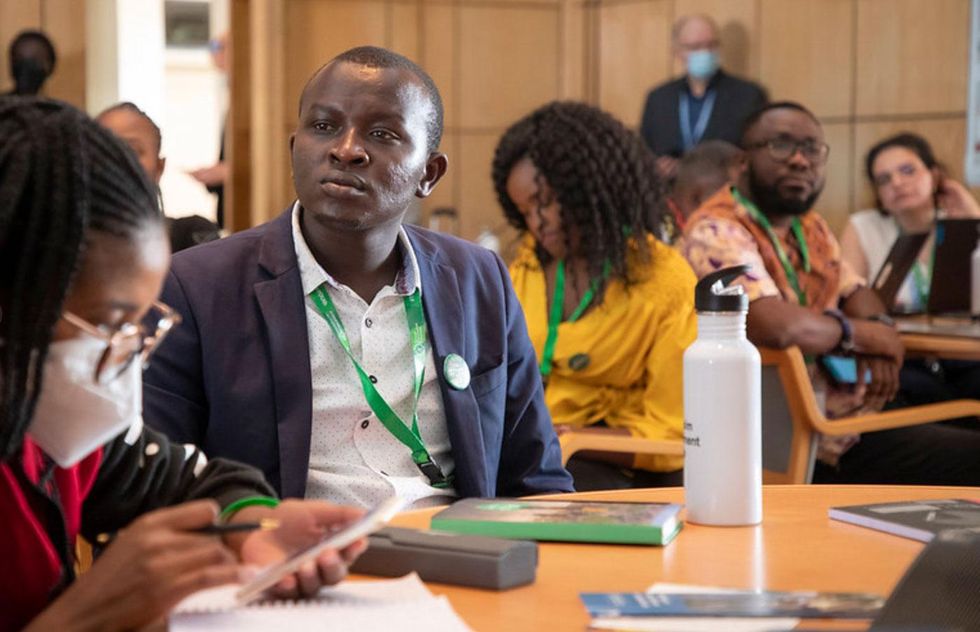
UN Environmental Program, via Twitter
Scientific evidence highlights the need for unanimouspolitical support for an ambitious global treaty regulating plastics during their entire lifecycle to account for their impacts to climate, humans, and ecosystems. Such a treaty will need to include caps on production of new plastic to prevent further irreversible global damage.
The Rwanda/Peru resolution includes language to address plastics’ impacts from extraction of raw materials to production and end-of-life. It goes beyond dealing with plastic as a waste problem and considers systemic solutions to reduce, replace, reuse, and recycle plastic effectively.
Voluntary, optional or market-led solutions will not suffice to solve this complex, global problem. To truly address the impacts of plastics on the environment, society and health, in line with the UN Sustainable Development Goals and call for nations to protect clean and healthy environments as a human right, the resolutions must be binding.
Voluntary, optional or market-led solutions will not solve these wicked problems. There is no time for lengthy negotiations aimed at delaying and diluting urgently needed action.
Co-authors
The authors thank five expert colleagues for their help in the preparation of this OP-ed:
- Dr. Rebecca Altman
- Dr. Susanne Brander
- Dr. Tridibesh Dey
- Anja Krieger
- Dr. Tony R. Walker
About the authors
Prof. Bethanie Carney Almroth is an ecotoxicologist at the University of Gothenburg. She researches the effects of chemicals and plastics in marine and freshwater animals, and works to find means for sustainable development, She also coordinates the Gesamp working group on plastics, providing scientific advice to UN organizations. @BCarneyAlmroth, email: bethanie.carney@bioenv.gu.se
Dr. Melanie Bergmann is a polar marine biologist at the Alfred Wegener Institute, Helmholtz Centre for Polar and Marine Research who has researched and published on plastic pollution since 2012. She edited the textbook Marine Anthropogenic Litter and runs the online portal Litterbase as well as a pollution observatory in the Arctic. She is part of the AMAP Expert Group on Microplastics and Litter providing scientific advice to the Arctic Council. @MelanieBergma18, email: Melanie.Bergmann@awi.de
Dr. Scott Coffin is a research scientist at the California State Water Resources Control Board, who has researched plastic pollution since 2014. He leads California’s efforts to monitor and manage microplastics pollution in drinking water and the environment. The views and opinions expressed in this article are those of the authors and do not necessarily reflect the official policy or position of any government agency or institution. @DrSCoffin, email: scott.l.coffin@gmail.com
Dr. Rebecca Altman is a Providence-based writer and independent scholar working on an intimate history of plastics for Scribner Books (US) and Oneworld (UK). Recent work has appeared in The Atlantic, Science, Aeon and Orion. She holds a Ph.D. in environmental sociology from Brown University.
Dr. Susanne Brander is a professor and ecotoxicologist at Oregon State University, co-lead of the Pacific Northwest Consortium on Plastics, and recent co-chair of a California Ocean Science Trust advisory team on marine microplastics. Her primary focus is on the effects of stressors such as emerging pollutants, including micro and nanoplastics, on aquatic organisms; and her research and teaching span both ecological and human health impacts.
Anja Krieger is a writer and podcaster from Germany working in science communication. She’s reported as a freelance journalist for over a decade in media outlets such as Ensia, Undark, Vox News, PRI The World, Deutschlandradio, and Die Zeit. Anja is the creator of the Plastisphere podcast and co-producer of Life in the Soil. A cultural scientist by training, she’s completed the Knight Science Journalism Fellowship Program at the Massachusetts Institute of Technology.
Dr. Tridibesh Dey is a South Asian anthropologist generating theoretical knowledge about plastics from long-term engaged fieldwork with communities and landscapes most affected by these materials. Having trained originally in the natural sciences with professional experiences in sustainable development, Dr. Dey offers practice-oriented multi-disciplinary perspectives on the complex social entanglements of the material one might call ‘plastic’.
Dr. Tony Walker is an Associate Professor at Dalhousie University. He has studied impacts of plastic pollution for nearly 30 years and was invited by the Deputy Minister of Environment and Climate Change Canada to to help develop the Ocean Plastics Charter for Canada’s 2018 G7 presidency. He participated in the Canadian Science Symposium on Plastics to inform Canada’s Plastic Science Agenda, and represented Canada at the G7 Science Meeting on Plastic Pollution in Paris, France in 2019.
The views expressed in this piece do not necessarily reflect those of Environmental Health News or The Daily Climate.
Banner photo of plastic garbage next to the sea by Antoine Giret/Unsplash



